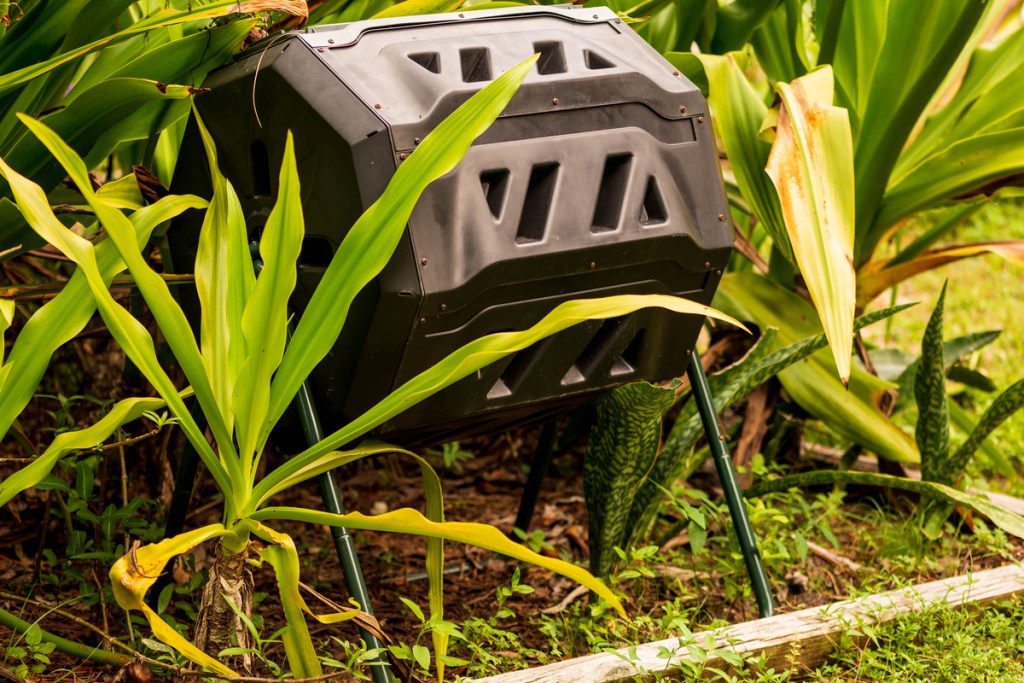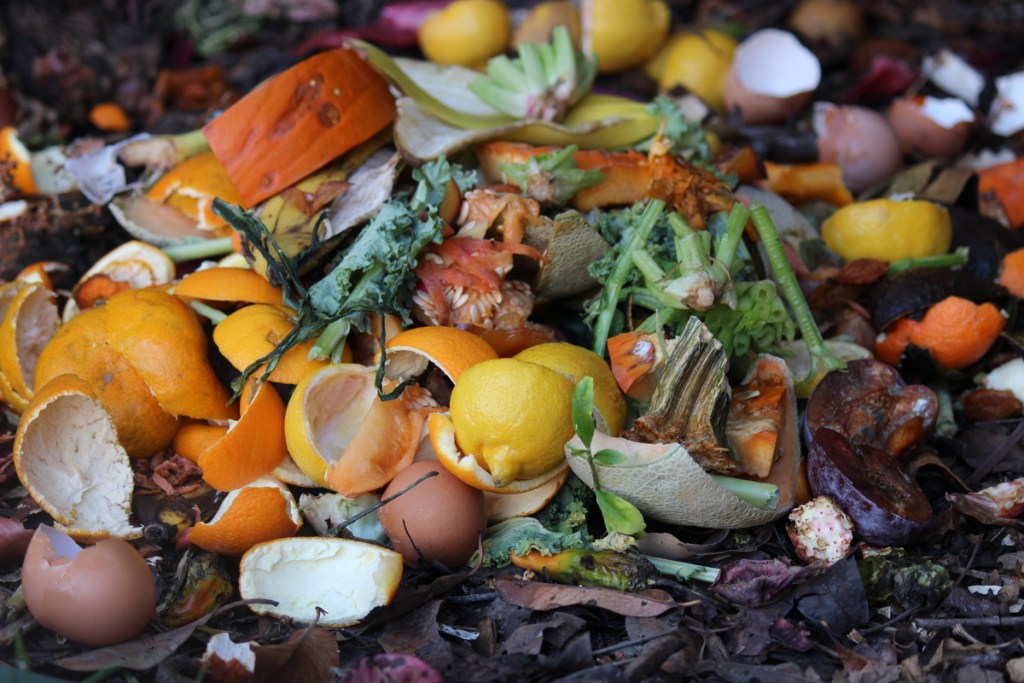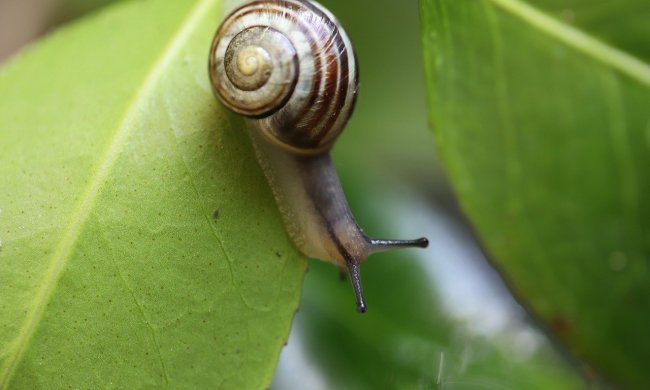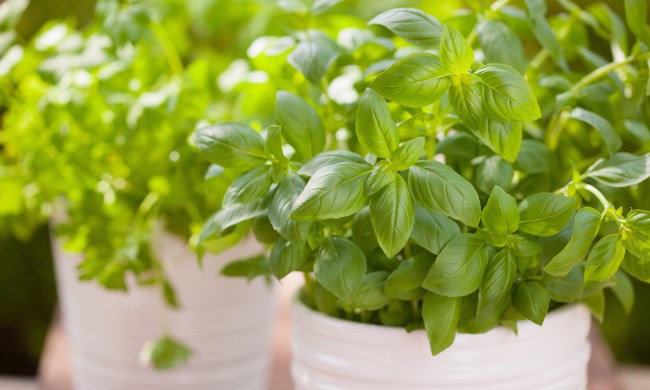
Composting is an excellent way to recycle kitchen waste into a useful soil amendment for your garden plants, but some confusion exists as to what can safely be included in the heap, and what should be left out. Animal-based food scraps like meat or dairy should be left out because they attract unwanted pests, produce foul odors, and could introduce pathogens into the mix. On the other hand, most plant-based food scraps are safe. But can you compost citrus?
Over the years, some gardening authorities have warned against including lemons and other citrus fruits in compost systems. More recently, the benefits of including citrus scraps in compost piles have proven to outweigh the concerns. Here’s why you need not hesitate to compost your citrus fruit scraps.
Can you compost lemons?
Well-meaning gardeners and composting authorities alike have long shared the fallacy that composting lemons is a bad idea. Their reasons include the slow breakdown of peels, high acidity of the fruit, and the presence of d-limonene, a compound used in insecticides and cleaning products. These issues can present challenges when too much citrus is added to the compost bin all at once. But, in a balanced system, lemon waste contributes to high quality finished compost.
Volatile compounds
D-limonene naturally occurs in all citrus peels. It’s used in natural cleaning products and insect killers, but is not a threat to your compost bin. The small amount found in each fruit quickly dissipates as mold and other microbes colonize it. So your red wigglers and other composting macroinvertebrates won’t be negatively impacted by the presence of lemon skins.

Break up the peels
Tough, thick lemon peels make a wonderful protective layer. Citrus shippers often coat the thick skin with a wax film to keep it from drying out in storage. The wax coated peel also inhibits composting, so break it up into small pieces before adding it to the pile. By reducing the peel pieces to about the size of your thumbnail, you increase the surface area that can be colonized by decomposers. Any waxy coating will degrade along with the peel. The smaller the pieces, the faster the peel will decompose.
Compost lemons and other citrus in moderate quantities
If you’re tossing in the peels and pulp after juicing the odd lemon for cooking, along with the peels from a grapefruit or two, your system should have no problem processing it. But adding a dozen peels a day from your kid’s lemonade stand could cause some problems.
Too much acidic citrus waste may disrupt the pH balance of the compost pile. High acidity creates a harsh environment for the microbes that perform the work of converting food waste into soil amendment. You could dust the compost with a handful of hydrated lime to neutralize the acidity.
The other problem with large quantities of lemon peels is that they break down more slowly than other materials in the mix. Once the compost is fully processed, filter it through quarter-inch hardware cloth to remove any large pieces of material that didn’t break down fully. The material you capture in the mesh makes an excellent starter for the next batch of compost.
Composting requires balance
You can compost citrus in a balanced system. A ratio of 70 percent carbon to 30 percent nitrogen in the mix provides an ideal balance that fosters rapid decomposition. But everything in the pile includes varying amounts of both carbon and nitrogen. To get the ideal ratio, think of the ingredients as either carbon rich “browns” or nitrogen rich “greens.
In composting, browns include dry leaves and grasses, newspaper and paper towels, straw, sawdust, and the like. Greens include veggie and fruit scraps, coffee grounds, tea bags, and fresh leaves. To achieve a mix that approaches the ideal 70:30 ratio, add browns and greens to the compost heap at a rate of about three parts brown to one part green.
By incorporating a balanced mix of compost ingredients, you can safely compost lemons and other citrus scraps without concern. Past concerns about potential dangers of d-limonene content, slow decomposition rates, and toxic acidity range from non-factors to completely manageable. If you’ve been throwing lemons and other citrus in the garbage for fear of disrupting your compost system, don’t. When life gives you lemon peels, make compost.



